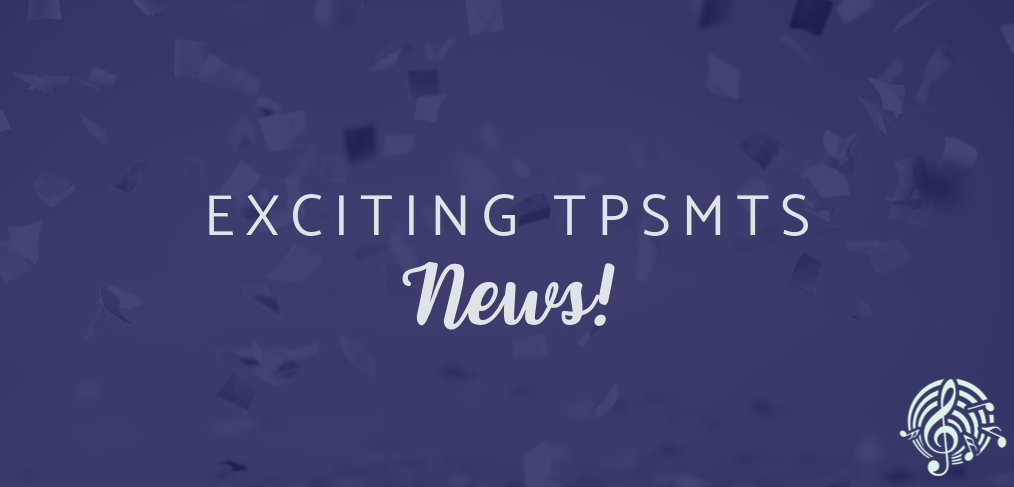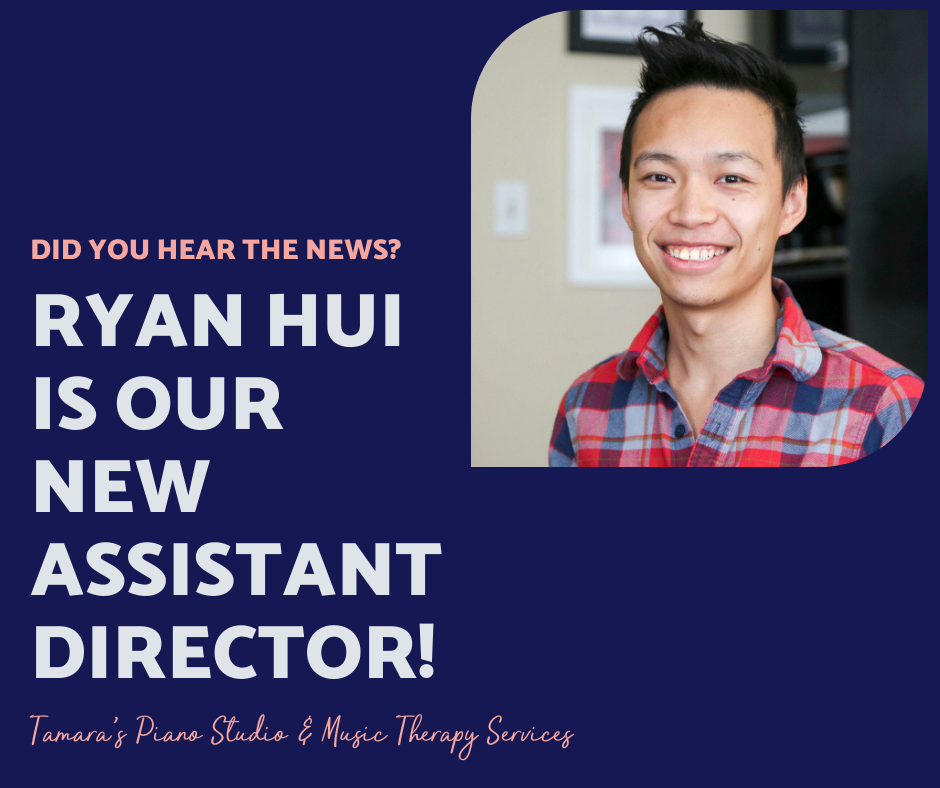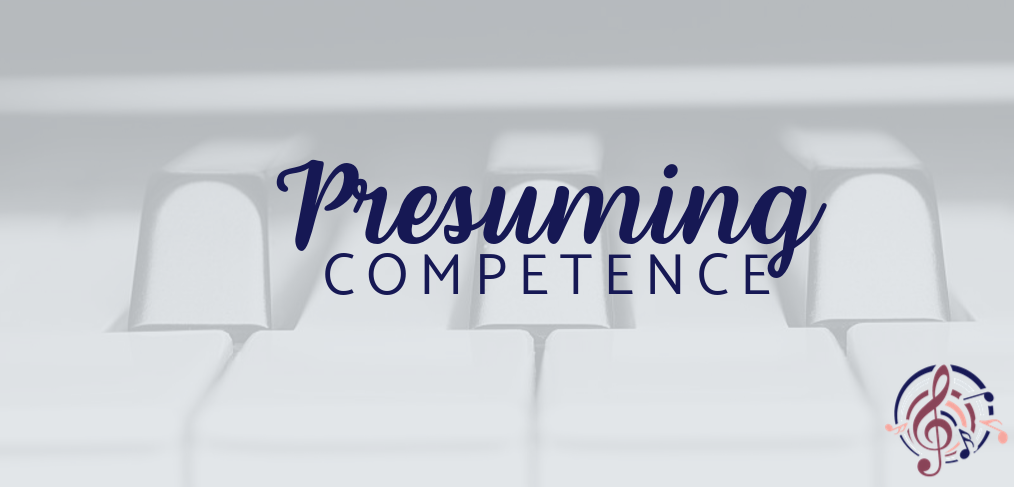Why we always presume competence at TPSMTS
Written by Tamara Leszner-Rovet
Back when I was a Music Therapy intern, I received some of the best advice that has heavily influenced and shaped me as Music Therapist, Music Teacher, mother, and human, defined my career path and private practice, and made TPSMTS what it is today.
This advice was to always presume competence.
This term was originally coined as “the least dangerous assumption” by Anne Donnellan in 1984. To presume competence is “to assume that a child has intellectual ability, provide opportunities to be exposed to learning, assume the child wants to learn and assert him or herself in the world” according to Douglas Biklen (an award winning educator known for his work of promoting quality education for individuals with intellectual disabilities). Biklen says “to not presume competence is to assume that some individuals cannot learn, develop, or participate in the world.”
In other words, one should never underestimate any individual based on how they may initially present or on their abilities.
At TPSMTS, presuming competence is one of our most important values.
We strongly believe that every individual has the ability to understand, learn, and has the right to access high quality Music Therapy and Music Education, whether that be through using Music Therapy to help achieve non-musical goals, or through music lessons to learn how to play an instrument and receive a musical education.
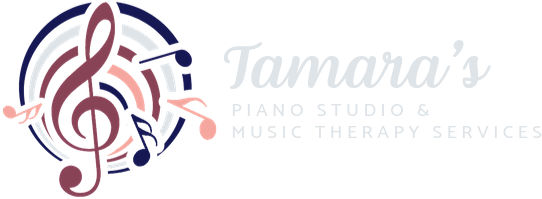
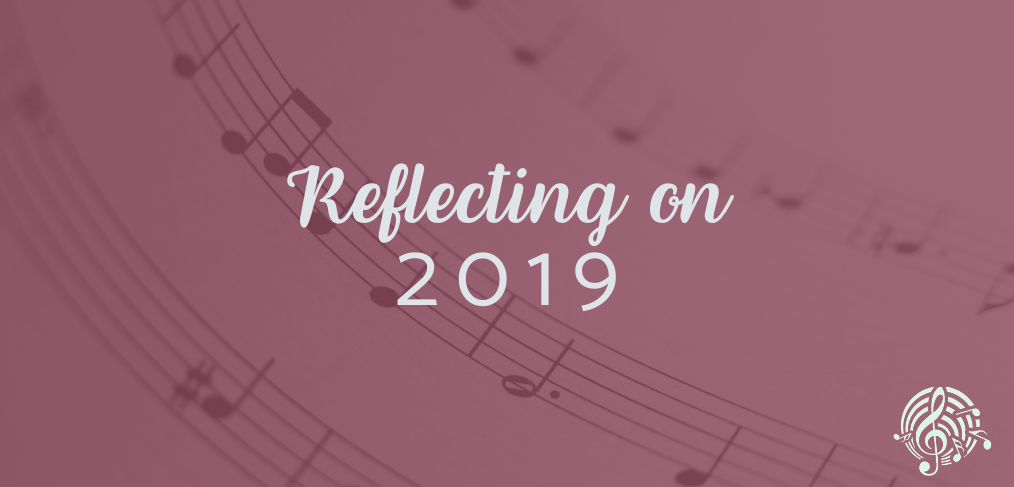
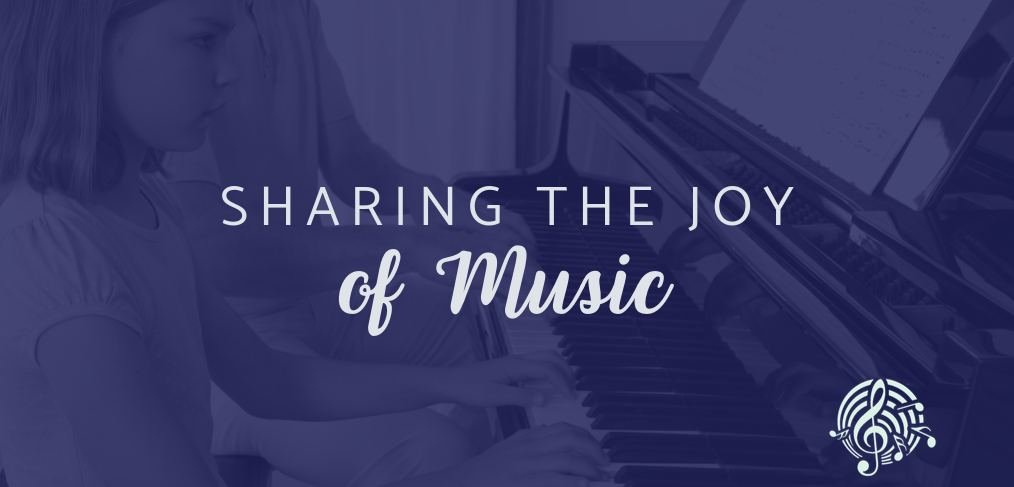
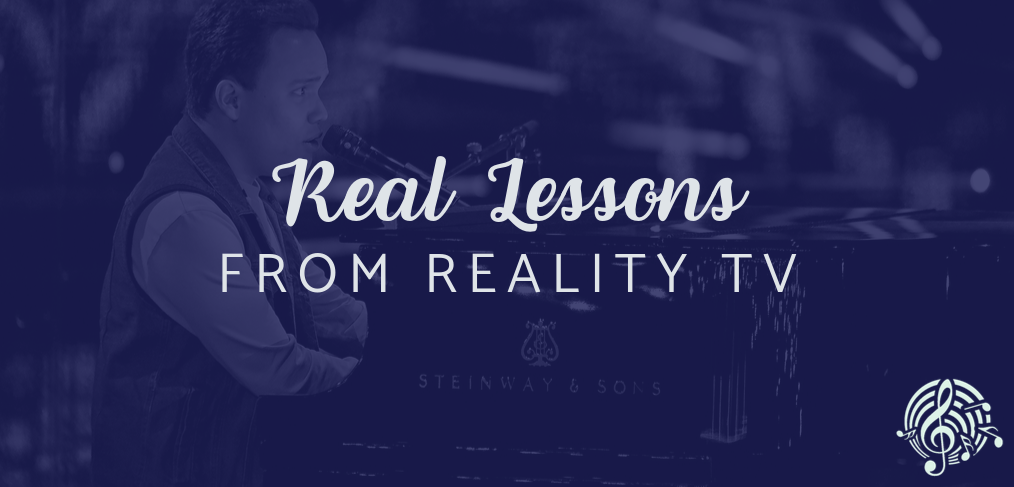
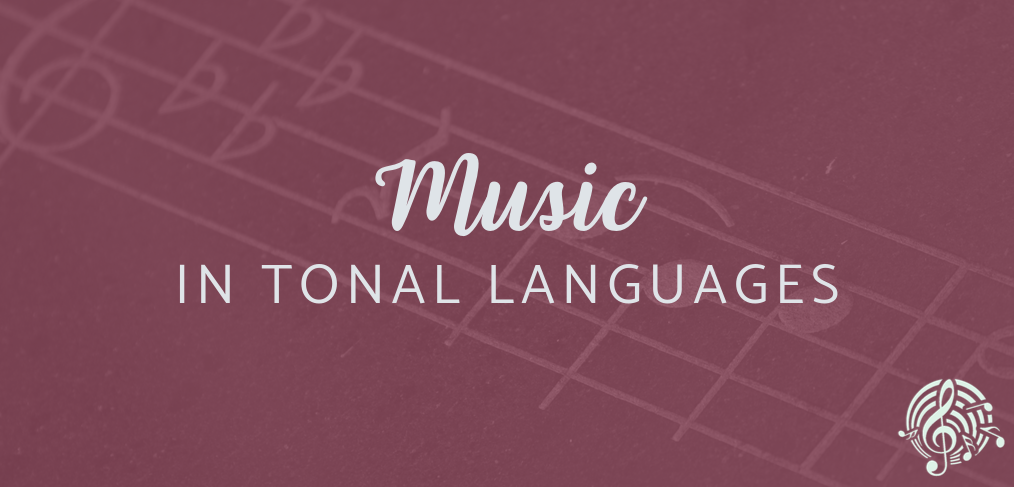
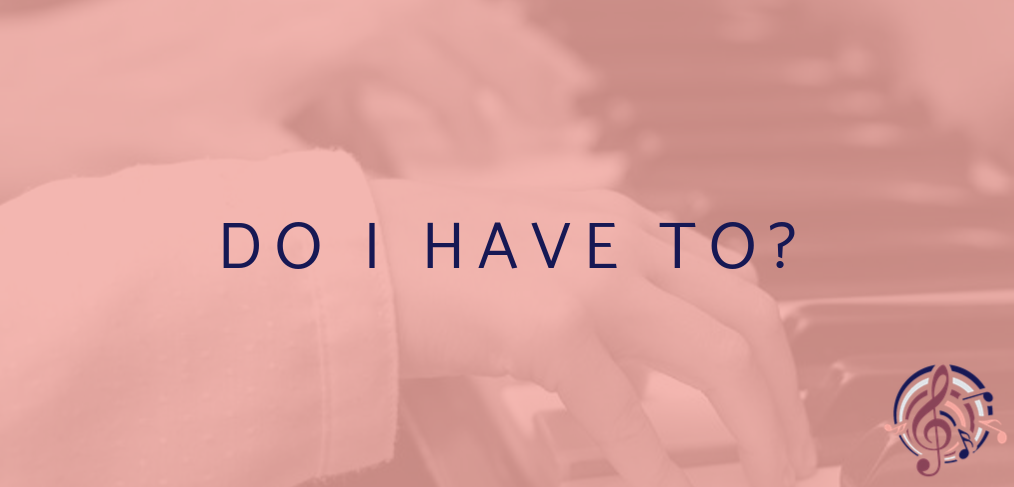
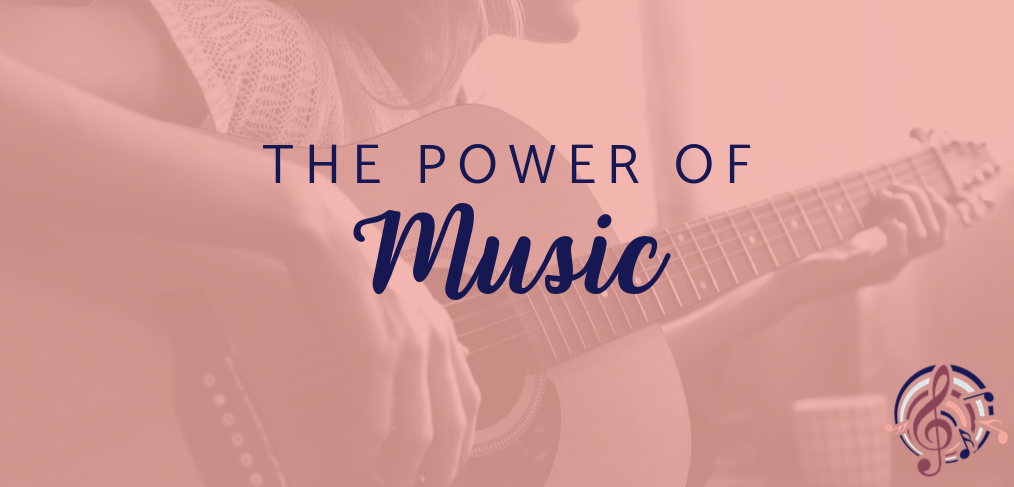
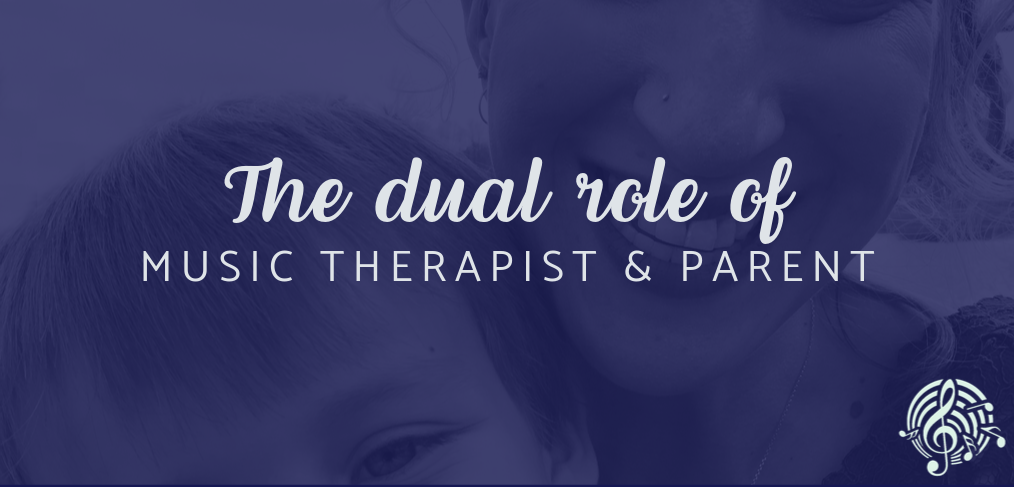
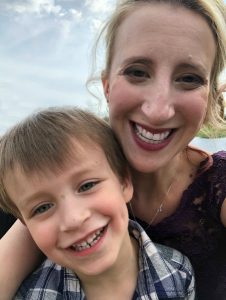 Aside from being owner and director of TPSMTS, I am also a mom to a beautiful, energetic, and vivacious 5 1/2 year old boy who has special needs.
Aside from being owner and director of TPSMTS, I am also a mom to a beautiful, energetic, and vivacious 5 1/2 year old boy who has special needs.
